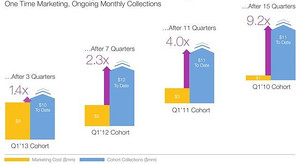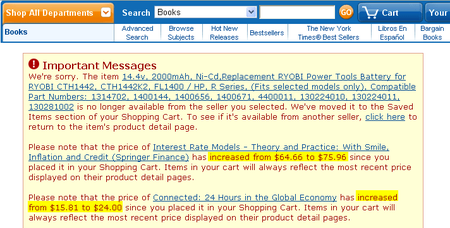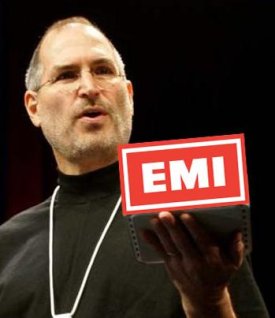What Else Is Going On?
At the Bowery Hotel's lounge, Marissa Evans and Esther Kang were concerned about FOMO, the fear of missing out.
Ms. Evans, 27, runs a social networking site called Go Try It On, which gives users feedback on what they are wearing. On her phone, she navigates among three e-mail accounts, two Twitter feeds, Foursquare, Instagram and several group text-message accounts. All of these can cultivate FOMO.
"Especially when I leave the city," she said. "In the past, maybe I'd have had one text message inviting me out. But now I know from Facebook and Twitter and GroupMe that 10 of my friends were all together, and I can see pictures of what they did."
At the moment, however, she was more concerned about a friend who had been left out -- and who, thanks to their mobile phones, knew it. When Ms. Evans arrived at the bar, she "checked in" on the social networking site Foursquare; Ms. Kang, 29, checked in on Facebook. Within moments, Ms. Kang received a Facebook message from a third friend, Joydeep Dey, who had not been invited.
"Miss you two!!" his message read.
Ms. Kang was not warmed by his concern.
"I know he's being passive-aggressive," she said. So she responded in kind.
"Are you working?" she texted.
Mr. Dey, 30, contacted the next morning, said he had felt left out -- not because he had not been invited, but because he had been stuck at work. "Marissa, Esther and I are usually this trio," he said. "When I saw them both check in, I had to let them know I knew."
Among young adults surveyed by the advertising agency JWT New York, 65 percent said they felt left out when they saw that some of their friends were doing something without them. That feeling leaves many social media users perpetually antsy that, somewhere accessible by their phones, someone is having more fun than they are, said Ann Mack, the agency's director of trend-spotting.
"It's a very efficient way to make plans for later, but when you are out, people are still texting other people, trying to drum up more friends, not living in the moment," Ms. Mack said. "It's like, I'm here but what else is going on? Is there something better, cooler, that I'm not in the know about?"
Seated next to Ms. Evans, Jordan Cooper, 29, kept one eye on his cellphone but did not answer any of the incoming text messages, e-mail messages or phone calls. Mr. Cooper, who is starting a data-collection and search site called Hyperpublic, said he did not feel FOMO, in part because he did not feel left out of an event just because he was not there physically.
"I don't think of what's here and what's not here as separate," he said. "Like I'll be out with my mom and if I look at my phone, she says I'm being anti-social. I say, 'I'm being social, just not social with you.' "
Continue reading "FOMO: fear of missing out" »









